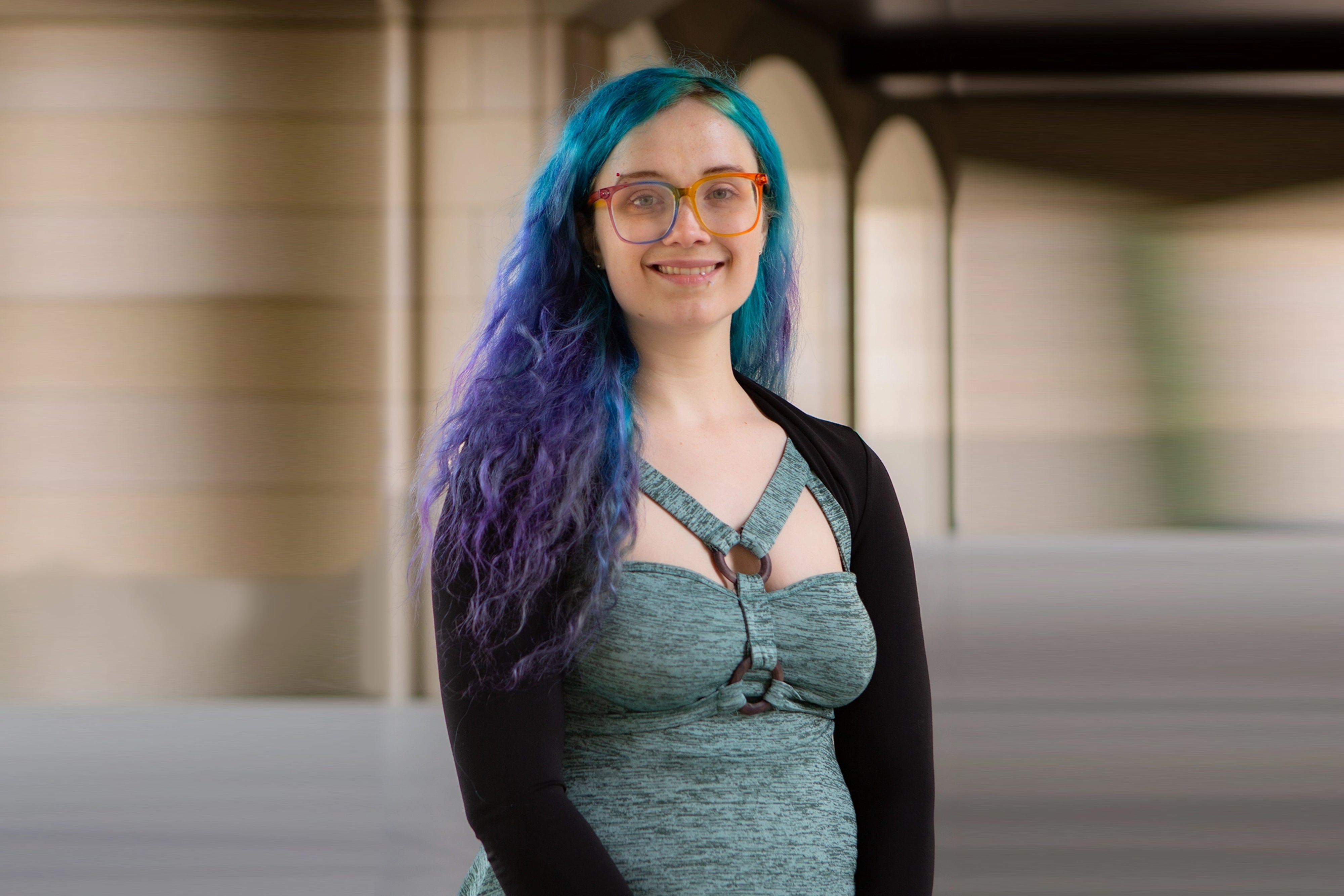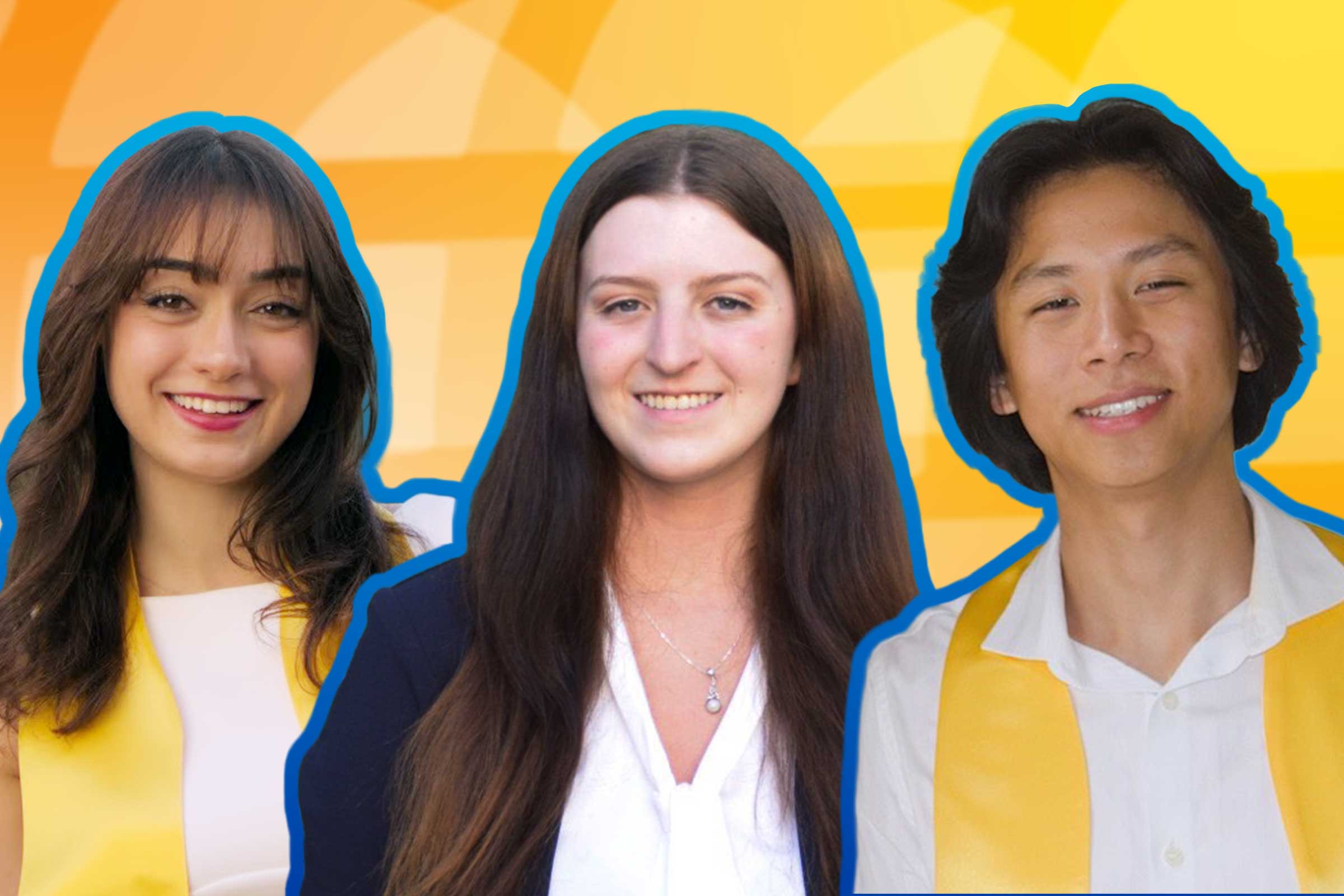UT Mathematician Wins 2025 AMS Moore Prize
The American Mathematical Society chose UT Austin’s Seán Keel and his co-authors for the prize, given every three years.

Seán Keel of The University of Texas at Austin will receive the 2025 AMS E.H. Moore Research Article Prize. He will be honored along with his co-authors for the paper “Canonical Bases for Cluster Algebras,” published in the Journal of the American Mathematical Society.
Keel is an algebraic geometer with a particular focus on birational geometry, moduli spaces and mirror symmetry. The E.H. Moore Research Article Prize is awarded every three years for an outstanding research article that appeared in one of the American Mathematical Society’s primary research journals (Journal of the AMS, Proceedings of the AMS, Transactions of the AMS, Memoirs of the AMS, Mathematics of Computation, Electronic Journal of Conformal Geometry and Dynamics, or Electronic Journal of Representation Theory) during the six calendar years prior. The paper that Keel published with Mark Gross of the University of Cambridge, Paul Hacking of the University of Massachusetts Amherst and Maxim Kontsevich of Institut des Hautes Études Scientifiques appeared in April 2018.
“This paper settled several important conjectures in the structural theory of cluster algebras and cluster varieties, including the Laurent positivity conjecture of Fomin and Zelevinsky and the duality conjecture of Fock and Goncharov,” according to the AMS citation. “This was accomplished by introducing new concepts and techniques that proved highly influential for subsequent development of the field.”
According to AMS, in this work, by introducing novel mirror symmetry techniques into the field, Gross, Hacking, Keel and Kontsevich accomplished several breakthroughs on the main problems of general structure theory of cluster algebras and varieties. Among other things, they solved the Laurent positivity conjecture of Fomin and Zelevinsky and the duality conjecture of Fock and Goncharov.
This paper introduced new important constructions and techniques on cluster algebras. Using the combinatorics of Gross-Siebert scattering diagrams and broken lines, they defined the “theta series” associated with an arbitrary g-vector; this enabled them to produce, for the first time, an explicit construction of a “canonical” basis in a cluster algebra.
The prize will be presented at the 2025 Joint Mathematics Meetings in Seattle.
Adapted from an article by the American Mathematical Society.



